Pepper, Aleppo (Capsicum annuum), packet of 20 seeds, organic
$3.95
Family: Nightshade (Solanacea)
Annual, 65 to 70 days to harvest
Heat: Moderate (10,000 on the Scoville Heat Scale)
(Halaby Pepper, Pul Biber) A blunt-bottomed red pepper growing less than 2 feet tall. No staking necessary, this plant also makes a good leaf cover against sunburn of the fruits, which can be damaging to any kind of pepper. Native to Syria and Turkey, this variety is named after the ancient city of Aleppo, once located on the famed silk road of antiquity, now in ruins. Aleppo pepper is used mainly in the dried, crushed form. The peppers dry quickly and are not likely to go bad on the drying rack. They do not tend to mold. The peppers are very thin-skinned and thin-walled, so they may be readily ground through an herb cleaning screen (pictured in gallery) or dry blended in a blender and made into pepper flakes to sprinkle on food as a condiment. The taste is slightly smoky, salty, sweet, warming. This is a rare and desirable type that may be gainfully grown in the temperate garden, using standard propagation technique for peppers.
20 seeds per packet, certified organically grown
Traditional usage (TWM): flavor enhancement, circulation stimulant, antibacterial, vermifuge, against shock, life extension, prophyllactic to cancer and heart disease.* Source of capsaicin.
* American Heart Association Scientific Sessions Report, Presentation P1036
- Consumption of chili pepper may reduce the relative risk of cardiovascular disease mortality by 26%, according to an analysis of diet and mortality data from four large, international studies.
- Chili pepper consumption was associated with a 25% reduction in death from any cause and 23% fewer cancer deaths, compared to people who never or only rarely consumed chili pepper.
In stock

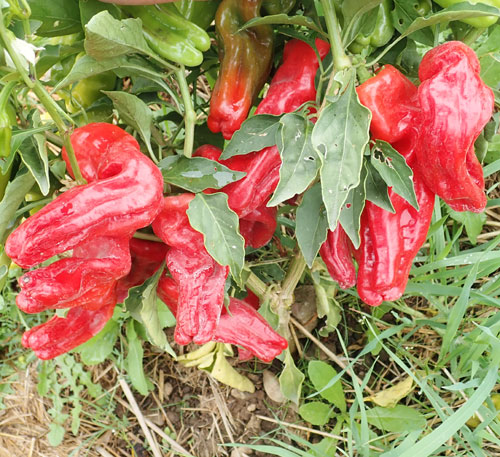
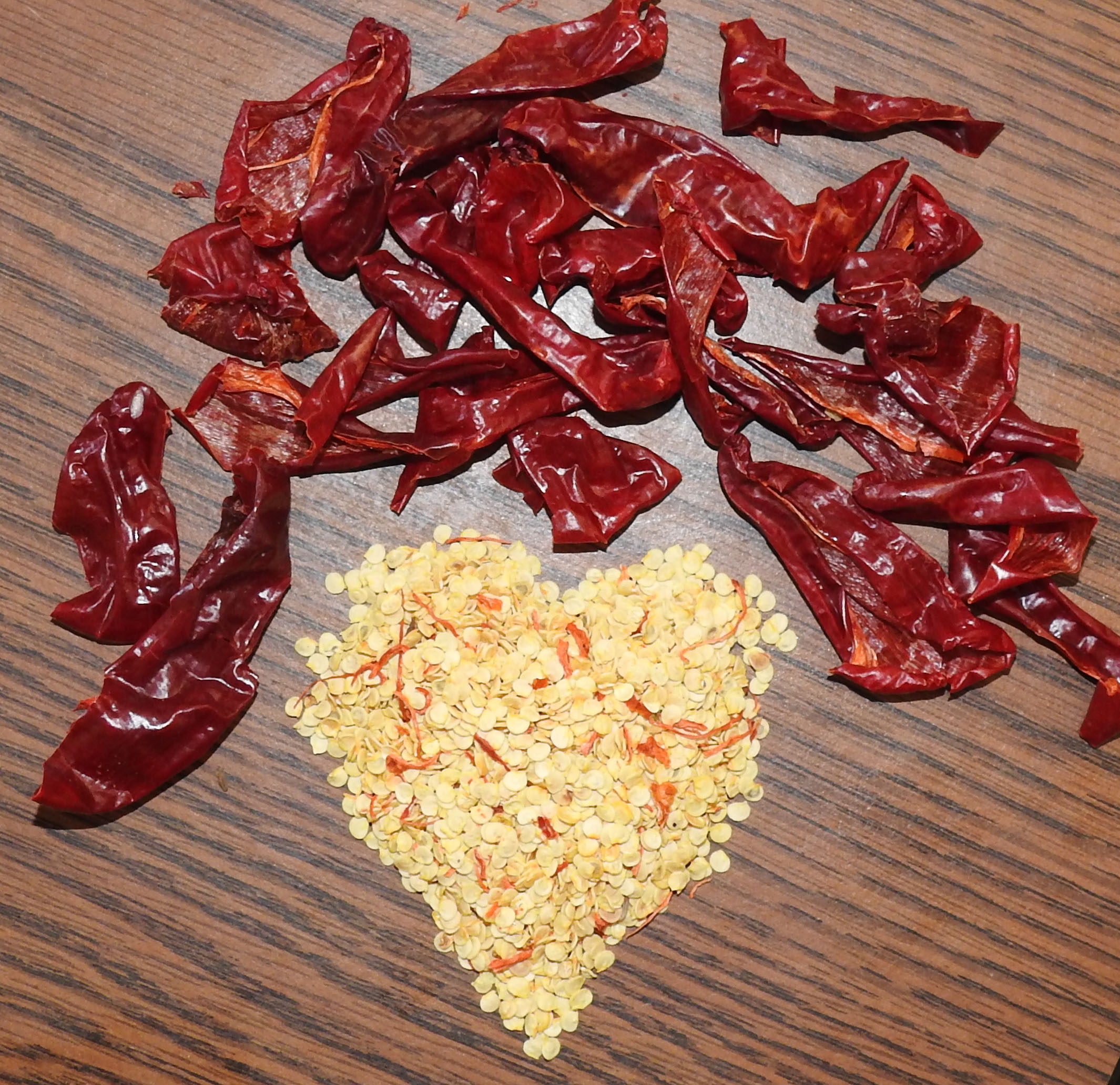
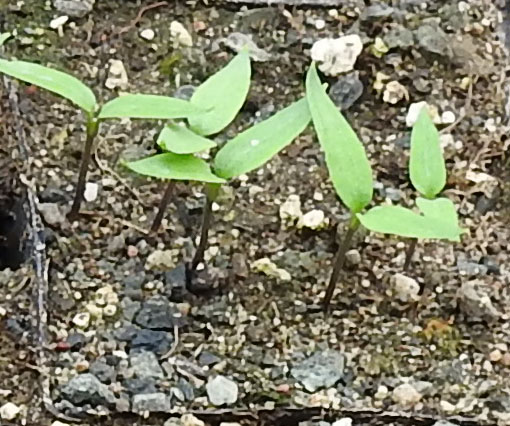
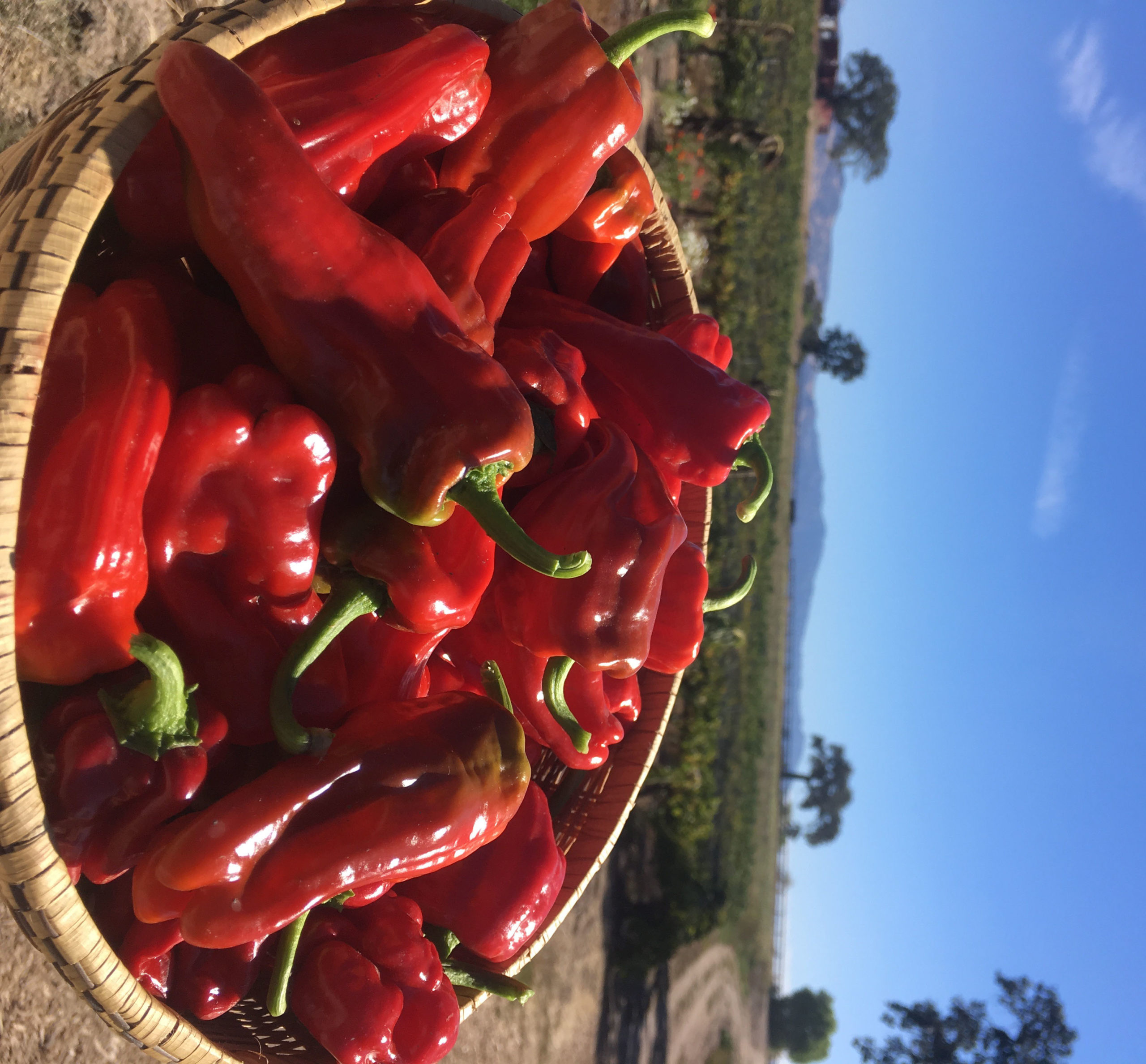
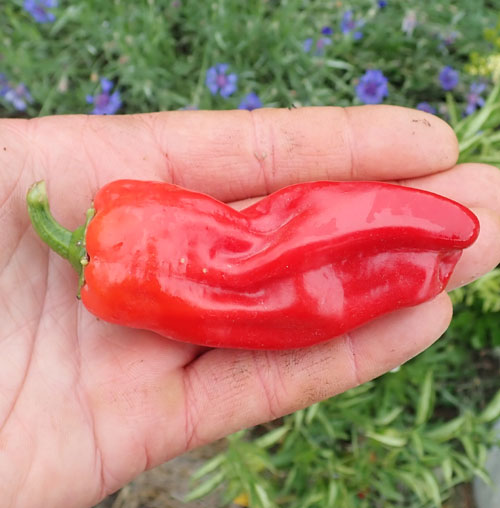

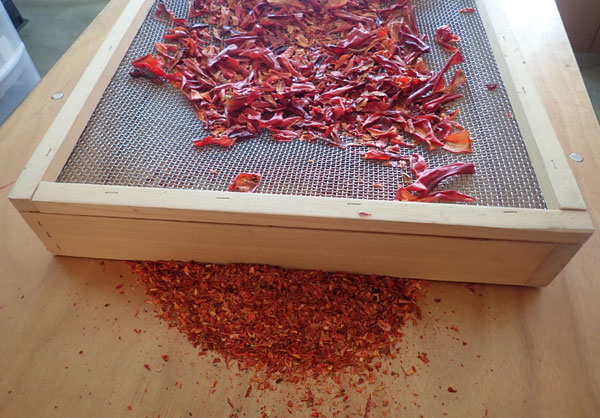

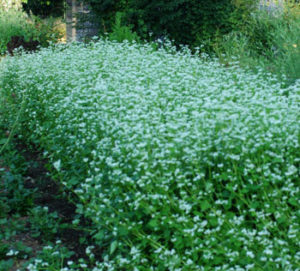
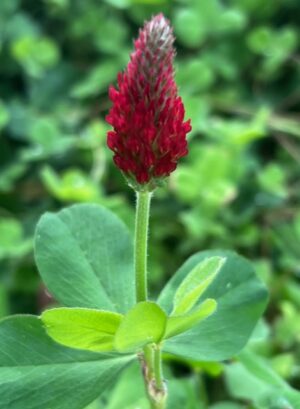
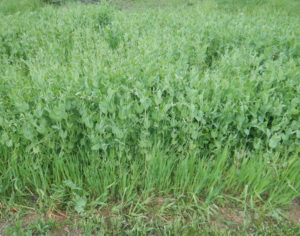
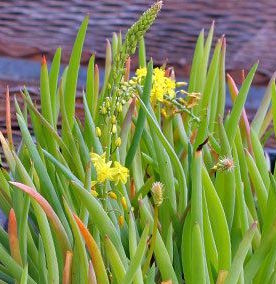
Ian moore (verified owner) –
Would these ruin an herb screen. I notice the capsicum is stronger than other varieties and I do not want the residue to affect other herbs. Thanks!
Upvote if this was helpful (0) Downvote if this was not helpful (0) Watch Unwatch Flag for removal
Richo Cech –
Hello Ian, The cure for exposure to too much capsaicin is alcohol. I use our organically certified grain alcohol on a rag to scrub the screens after using them on peppers. But you can even use rubbing alcohol. Just make sure to wash with warm water and soap, rinse and dry in the sun before using again. richo
Upvote if this was helpful (0) Downvote if this was not helpful (0) Flag for removal
Question
Rafi Atchabahian –
Do you shop to Brazil? Thanks
Upvote if this was helpful (0) Downvote if this was not helpful (0) Watch Unwatch Flag for removal
Richo Cech –
rafi, very sorry, we cannot ship to brazil, it never makes it. r
Upvote if this was helpful (0) Downvote if this was not helpful (0) Flag for removal